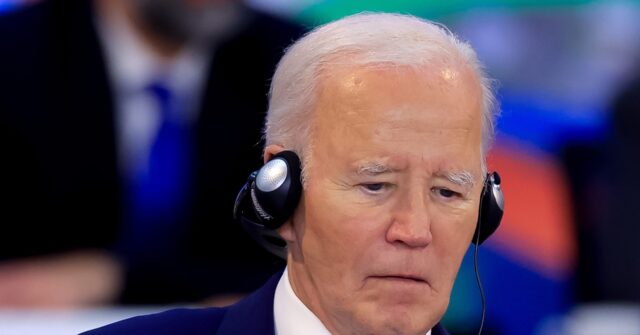The ongoing conflict in Ukraine remains a focal point of tension between Russia and the United States, with the Biden administration continuing its support for Kyiv through significant military aid. As President Biden’s term progresses, concerns are mounting regarding the implications of the U.S. election slated for January 2025. The Russian government, represented by spokesperson Dmitry Peskov, accused the U.S. of intentionally prolonging the war and alleged that the current administration is fully committed to escalating military actions. This rhetoric reflects the broader geopolitical implications of the conflict and highlights the stakes involved as both nations seek to strengthen their positions.
Moscow’s assertions underscore a critical moment in the Ukraine conflict, wherein both sides are maneuvering for strategic advantages before a potential shift in U.S. leadership. The election of President-elect Donald Trump, who has expressed intentions to significantly alter U.S. foreign policy toward Ukraine, is causing anxiety among Ukrainian officials and European allies. Trump’s history of criticizing U.S. involvement in Ukrainian affairs and his claims that he could broker a ceasefire rapidly create uncertainty around the future of military support for Ukraine and undermine confidence in its ability to withstand Russian advances.
In response to these dynamics, the U.S. government has reinforced its commitment to Ukraine. Secretary of State Antony Blinken, speaking during a visit to Brussels, assured Ukrainian officials that the Biden administration’s support would remain robust for the duration of his presidency. His statements indicate a dedication to providing financial assistance and military supplies, including advanced weaponry, to bolster Ukraine’s defense capabilities. This pledge is critical as Kyiv faces ongoing military challenges and relies heavily on U.S. support to counter Russian aggression.
The timing of the U.S. military support, particularly the decision to send antipersonnel land mines alongside previously approved long-range attack missiles, has elicited strong reactions from the Kremlin. The continuous flow of arms and funding from the U.S. is interpreted by Russia as an indication of the Biden administration’s determination to maintain an adversarial stance. Peskov’s statements reflect a strategic narrative aimed at delegitimizing U.S. involvement in the conflict while emphasizing the Kremlin’s commitment to achieving its military objectives in Ukraine.
Amid these geopolitical tensions, the underlying issue of public opinion and governance in both Ukraine and the United States also plays a crucial role. In the U.S., the shifting political landscape raises questions about the potential for bipartisan support for Ukraine if leadership changes. Similarly, in Ukraine, there is a need for effective communication and coordination as the administration seeks resources and support from Western allies. An evolving public perception regarding Ukraine’s resistance to Russian aggression could influence both the political discourse and the strategies adopted by global powers.
The stakes are high as the Ukraine conflict continues to unfold, with both the Biden administration and Moscow making critical decisions that will shape the trajectory of the conflict. As military support is solidified under Biden, and the specter of a potential Trump presidency lurks, both sides are left grappling with the uncertainties ahead. The outcomes of these developments will not only determine the future of U.S.-Ukraine relations but will also have significant implications for European stability and the broader international order amidst rising geopolitical tensions.

